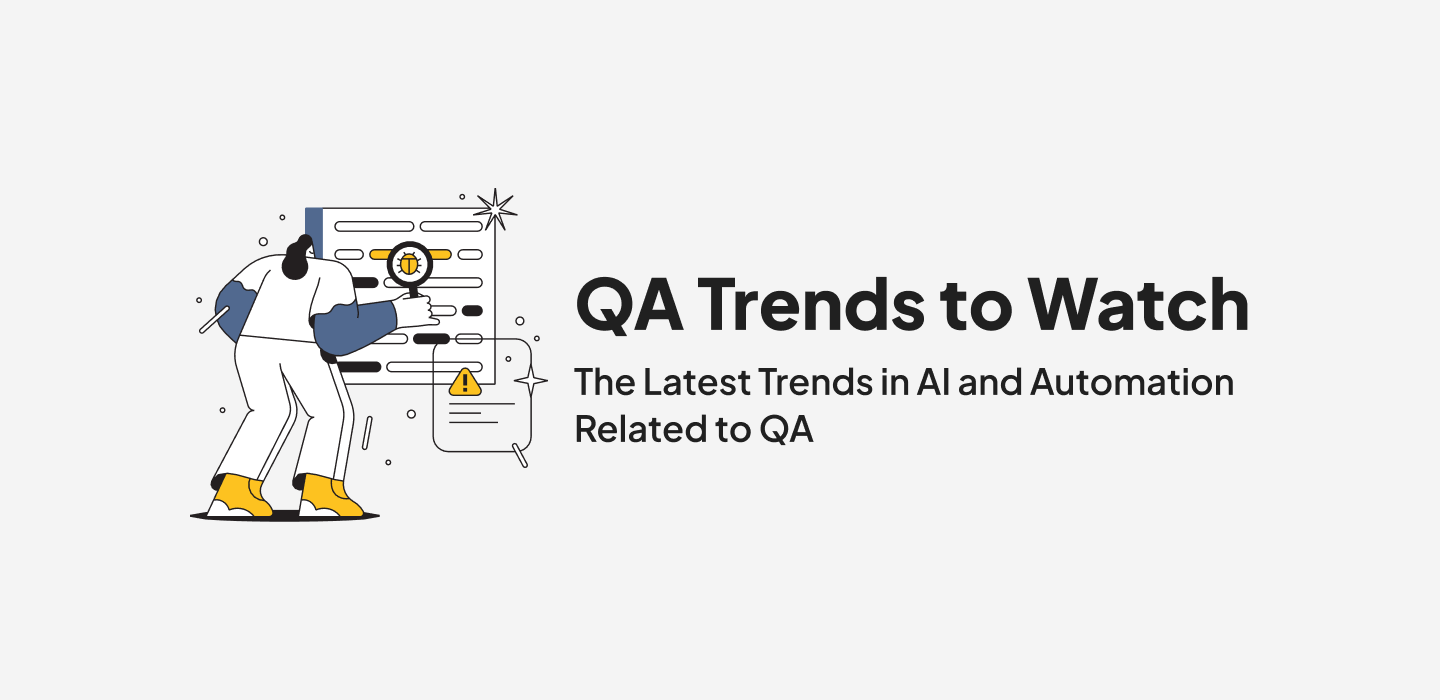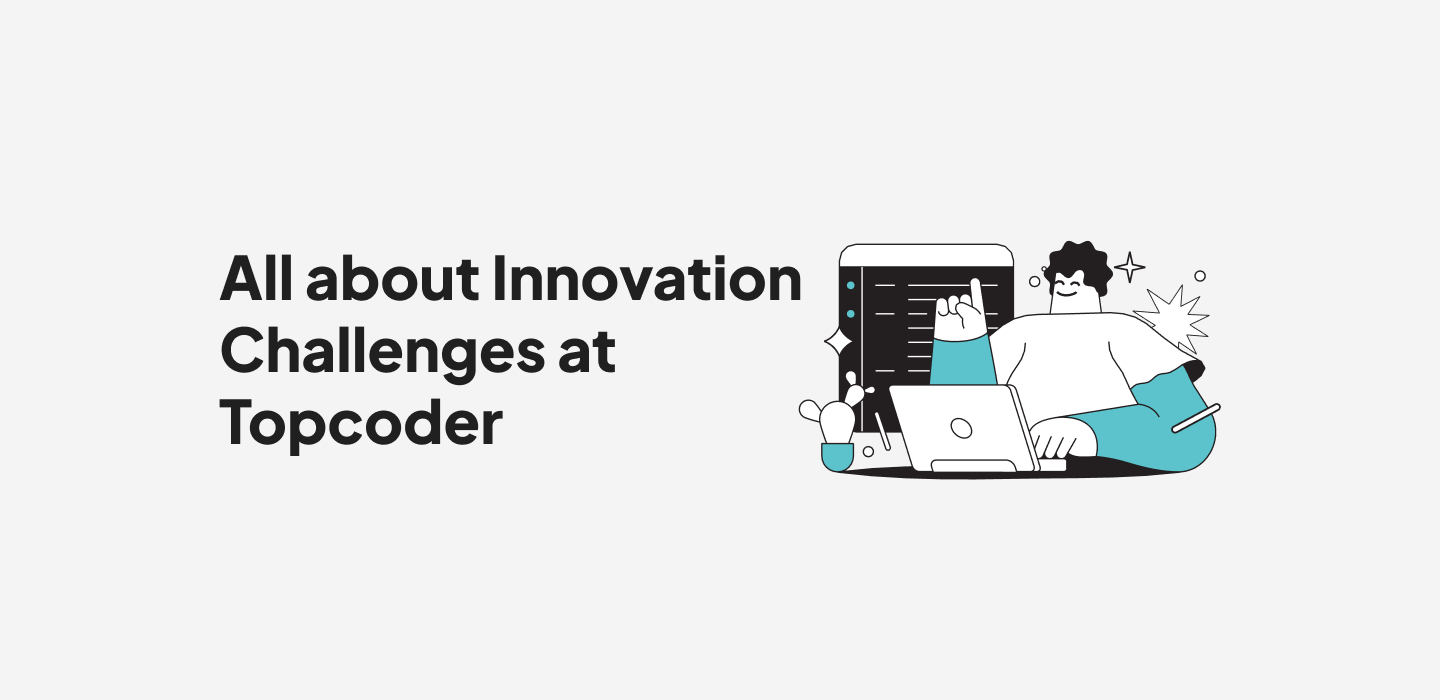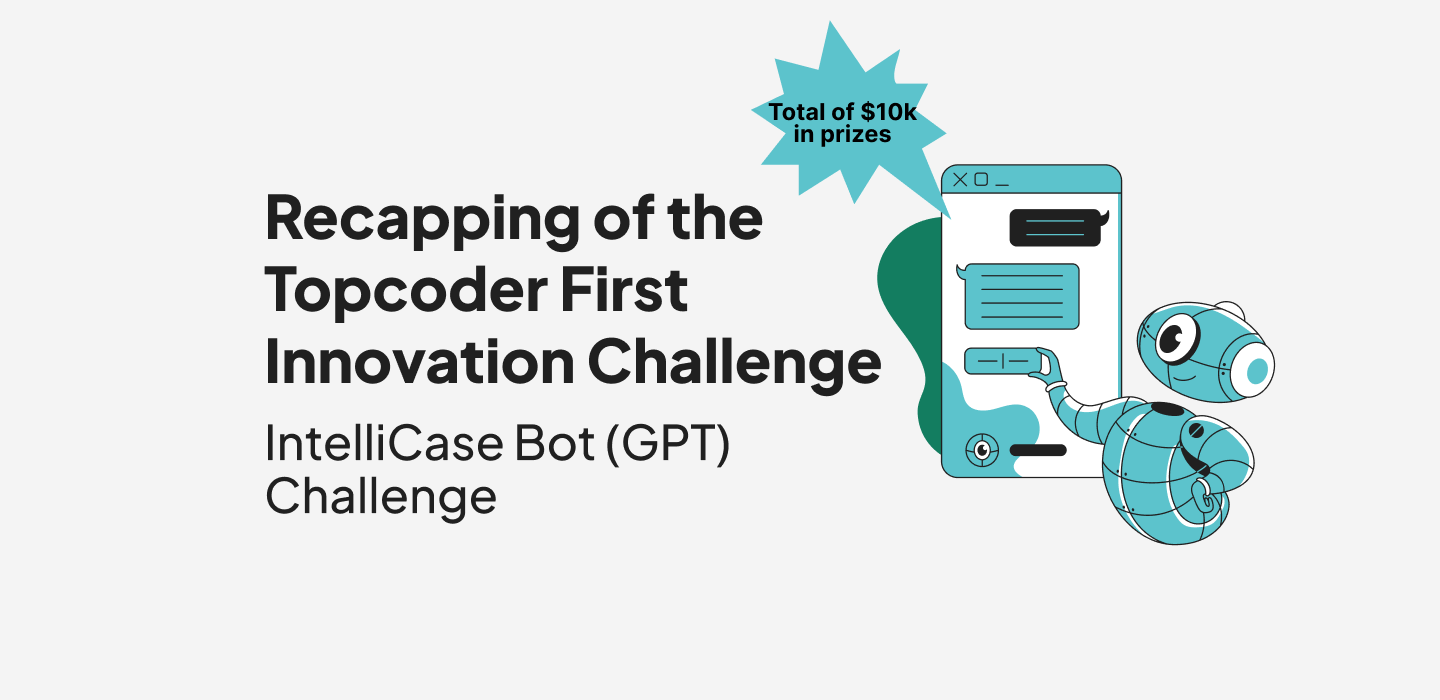August 19, 2019 How Companies Have Adopted Gig Economy Models—and How Yours Can Too: The Ultimate Guide for Adopting Open Talent Models within Your Organization
New things are hard. Even when you know they’re valuable. Even when someone else has done them before. And especially when they’re not actually new, just new to you. In many ways, that’s where crowdsourcing, freelancing, gig-working—often referred to as “open talent models” or “gig-economy models”—are today. There’s tremendous value ready for the taking by organizations that embrace these models and there’s story after story after story of organizations that have done so.
Open talent platforms (full disclosure: Topcoder is one of them) highlight results and stories from their platforms and customers. Academic institutions and consulting firms provide advice and strategic roadmaps to experiment. Enterprises tell stories of the great results they’ve accomplished. These are all really valuable inputs but they fall short because they’re largely aimed at one audience, CEOs, and have a macro focus on the company as a whole. Little of the thought leadership, research, and articles available today on gig economy models are aimed at the people within an organization doing the work, deciding which models are right for them, making the rounds to get buy-in and budget and working with employees and project teams to uncover how these models support them personally. In short, we as an industry have done a great job selling the vision but still have work to do to help organizations execute on that vision.
Under the banner of that mission, Topcoder partnered with Open Assembly on a new report that focuses on the details of using open talent models. We’ve thrown out the normal case study playbook that tells the problem/solution/result macro story. Instead, the question we asked ourselves for every piece of content was: “Can this outcome be replicated if the reader knows nothing other than what’s presented here?”
And we made it personal. When there’s a concern that the unfamiliarity of using a crowdsourcing or a gig economy model might disrupt normal timelines, it’s not the company that has that concern, it’s the project manager who’s responsible for meeting deadlines. Companies are amorphous. It’s real people who have to make decisions, be convinced, and participate. Accordingly, the report is made up almost entirely of first-hand advice, guidance, and stories from the people who’ve already lived it.
The report (How to Thrive in the New Economy of Work: The Ultimate Guide to Adopting Open Talent Models Within Your Organization) includes interviews with leaders from GE, NASA, Microsoft, Topcoder, Freelancer, Anadarko and Workday (among others) on topics ranging from getting buy-in and IP/compliance to communication and program structure.
This new report focuses on the top obstacles companies often face with crowdsourcing and offers insights and actions to overcome them. Some of the issues are new and some are old: Either way, they’re tough to solve and critical to consider for anyone wanting to move their program beyond learning and experimenting to building and scaling. While you must discuss and determine the solutions to these issues that best fit your company, [this report is evidence that] you aren’t alone in trying to solve them.
We’ll be following up with additional blogs over the next several months that highlight specific topics and insights from the report.
About Open Assembly:
Open Assembly was founded in alignment with the Laboratory for Innovation Science at Harvard and research pioneered by Professors Karim Lakhani and Michael Tushman. John Winsor and partners bring more than 30 years of collective experience in thought leadership, entrepreneurship and advising on the study and building of open platforms in private, public, and nonprofit sectors.

GTM & Strategy


